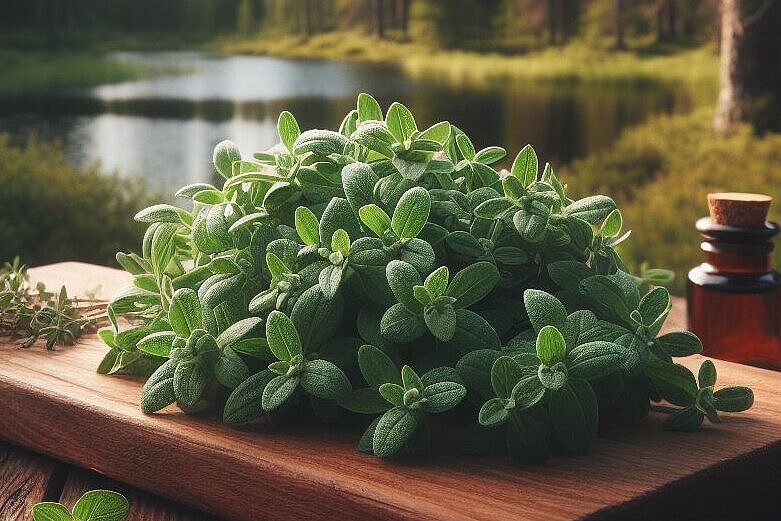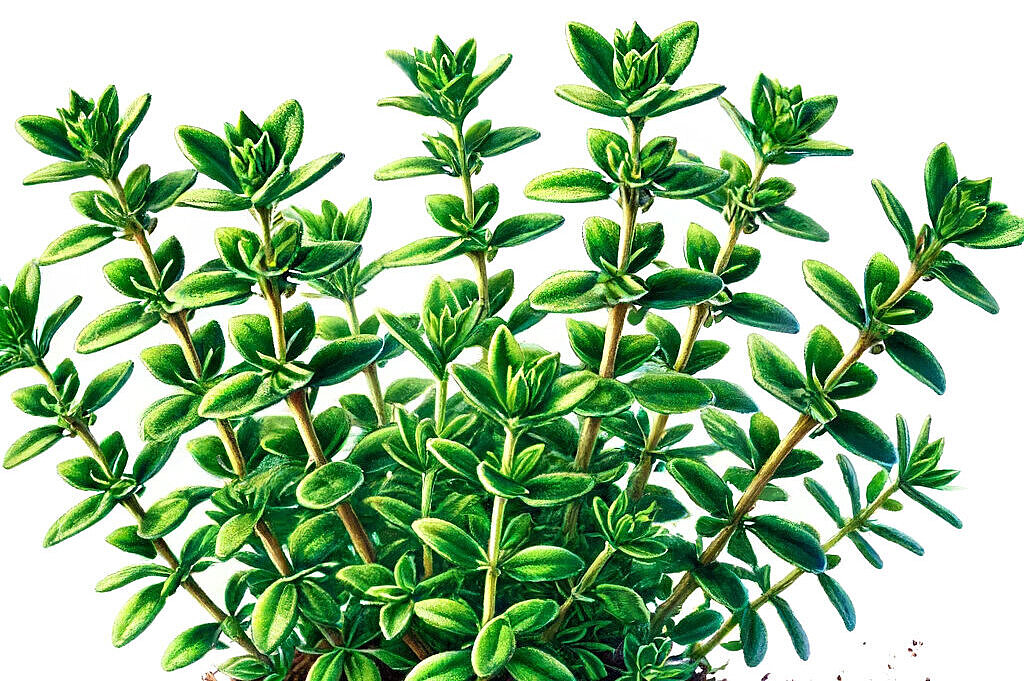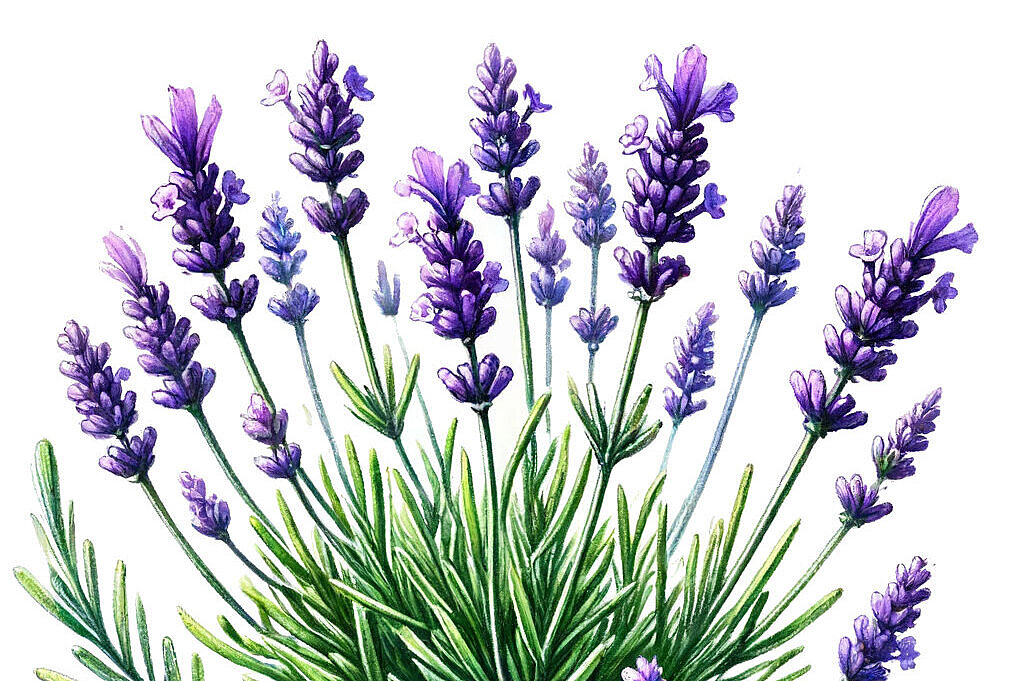Lippia

In the world of garden plants, we are constantly coming across hidden gems that are not only pleasing to the eye, but can also be beneficial for our four-legged friends. One such plant is Lippia, which is attracting increasing attention due to its special properties and diverse uses. But what makes Lippia so special for dogs? In this article, we take you on a journey of discovery through the world of the Lippia plant, highlight its benefits and potential drawbacks and offer you a comprehensive insight into its relevance for your dog's health and well-being.
What is Lippia?
Origin and characteristics
Lippia belongs to the Verbenaceae family and includes a variety of species that can differ in appearance, growth and use. Some species are known for their fragrant leaves and flowers, which are used in perfumery and aromatherapy, while others are used in traditional medicine. Lippia is native to many parts of the world, ranging from tropical to subtropical regions.
Cultivation and care
Lippia is relatively easy to care for, making it a popular choice for garden enthusiasts. The plant prefers sunny locations and well-drained soil, but is also quite tolerant of drought and less fertile soil conditions. This hardiness makes Lippia a low-maintenance addition to the garden.
Benefits of Lippia for dogs
Natural defense against pests
A significant advantage of Lippia lies in its natural ability to repel pests. Certain species of Lippia contain essential oils that are repellent to many insect species. This can help to reduce the amount of fleas, ticks and other parasites in your dog's environment.
Health benefits
Some Lippia species are used in folk medicine to treat a range of ailments. They are believed to have anti-inflammatory, antimicrobial and calming properties. Although its direct application to dogs is less scientifically documented, the presence of Lippia in the garden could contribute to your dog's overall health and well-being by creating a healthier environment.
Possible disadvantages and precautions
Toxicity and allergies
While many Lippia species are safe for dogs, there are also those that may contain potentially toxic compounds. It is crucial to do thorough research before introducing a new plant into your garden or near your dog. In addition, some dogs may be allergic to certain plants or their essential oils. Watch your dog closely for signs of an allergic reaction when introducing Lippia to their environment.
Excessive curiosity
Dogs are naturally curious and may be inclined to explore new plants by smelling or even eating them. Although Lippia is safe in many cases, overeating the plant should be avoided as this can lead to gastrointestinal discomfort.
Lippia offers a fascinating addition to the garden that is not only aesthetically pleasing, but also has potential benefits for your dog. From natural pest repellency to potential health benefits, Lippia can be an asset to your four-legged friend's environment. However, as with any addition to your home or garden, it's important to research carefully and pay attention to your dog's individual needs and reactions. With the right care and attention, Lippia can be a safe and beneficial plant for you and your dog.
If you notice any signs of hypersensitivity or poisoning in your dog, you should see your vet immediately. We are not a substitute for a vet, but we try to be as accurate as possible. Every dog reacts differently and we recommend you get a second opinion or consult your vet if in doubt.
Stay healthy and take good care of your four-legged friend!😊
Similar to Lippia
Verbena is a genus of around 250 plant species from the verbena family. The best-known species is verbena officinalis, which is native to Europe, Asia and North Africa. Verbena has an upright stem...
Oregano is a herbaceous plant from the labiate family. It is native to Europe, the Mediterranean region and parts of Asia. Oregano is often used as a spice in cooking and is known for its strong...
Thyme belongs to the labiate family and grows mainly in the Mediterranean region. It has small green leaves and pink or white flowers that attract many bees. Thyme contains essential oils such as...
Lavender is a plant genus that belongs to the labiate family. There are around 30 different types of lavender, which differ in appearance, fragrance and ingredients. The best-known species is true...



